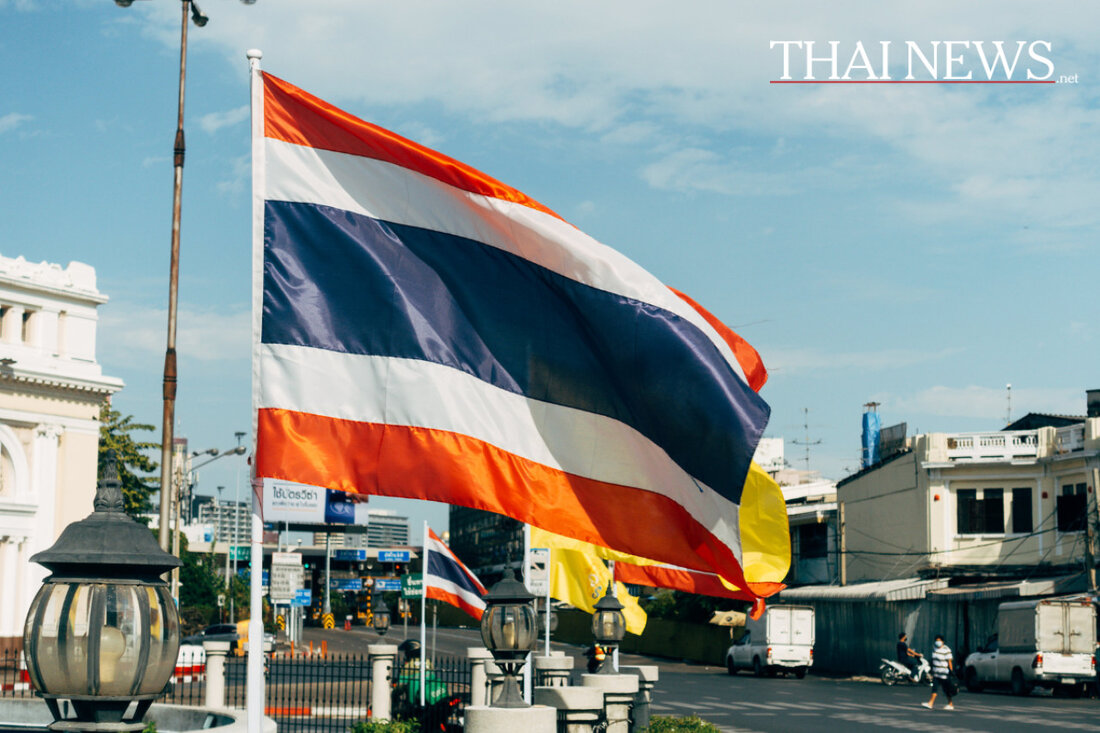Government plans: boost tourism with tax relief!
The Thai government plans measures to boost domestic tourism by 2026, including tax incentives for hotels.

Government plans: boost tourism with tax relief!
In Thailand, efforts are being made to revive the tourism sector in order to inject some momentum into economic activities. The government has put together a package of measures that includes several support measures to stimulate domestic tourism and the economy as a whole. The latest statistics show that the tourism sector has contracted by a remarkable 8% in the last eight months, making immediate action necessary to address this issue. GDP growth of 0.4% is targeted, as Bangkok Post reports.
A key part of the plan is to accelerate spending by the government, state-owned enterprises and local authorities on training, seminars and workshops. From October 2025 to January 2026, at least 60% of the allocated budget, which amounts to about 6 billion baht, will be spent, with particular focus on secondary tourist provinces. In addition, further tax relief will come into force from January 1, 2026, reducing the excise tax rates for nightclubs and similar establishments from 10% to 5%, which is expected to result in a decline in revenue of approximately 219.55 million baht annually.
Tax incentives for hoteliers and renovations
One of the most notable elements of the new strategy is the introduction of tax incentives for hotel renovations. Between October 29, 2025 and March 31, 2026, hotel operators can claim double expenses for renovations. This scheme includes expenses for renovations, which are considered investments, while repairs are not included. With around 24 billion baht expected to be invested by around 1,200 hotels, this could result in an estimated tax loss of 240 million baht per year, totaling 4.8 billion baht over 20 years, Nation Thailand notes.
However, not all hotel operators are convinced of these incentives. A survey by the Thai Hotels Association (THA) shows that skepticism is high. 50% of those surveyed only expect an increase in income of 5%, while others even expect a maximum of 10%. The problem of a shortage of skilled workers plays a crucial role here, as 40% of hotel operators are affected. THA President Thienprasit Chaiyapatranun warns that tax incentives will have little impact unless the skills shortage is addressed, according to Thailand Tip.
Conclusion and outlook
The Thai government has set clear goals and is demonstrating both creativity and determination in its approach to revitalize the tourism sector. The focus is on the subsidiary provinces to strengthen the regional economy. However, it remains to be seen how effective the new measures actually are in the long term and whether they can have the desired effect in the industry.
In summary, it remains exciting to see whether and how the new measures will affect the hotel and tourism industry. The coming months will be crucial for the success of the strategy, which aims not only at short-term profits but also at sustainable growth.

 Suche
Suche
 Mein Konto
Mein Konto
